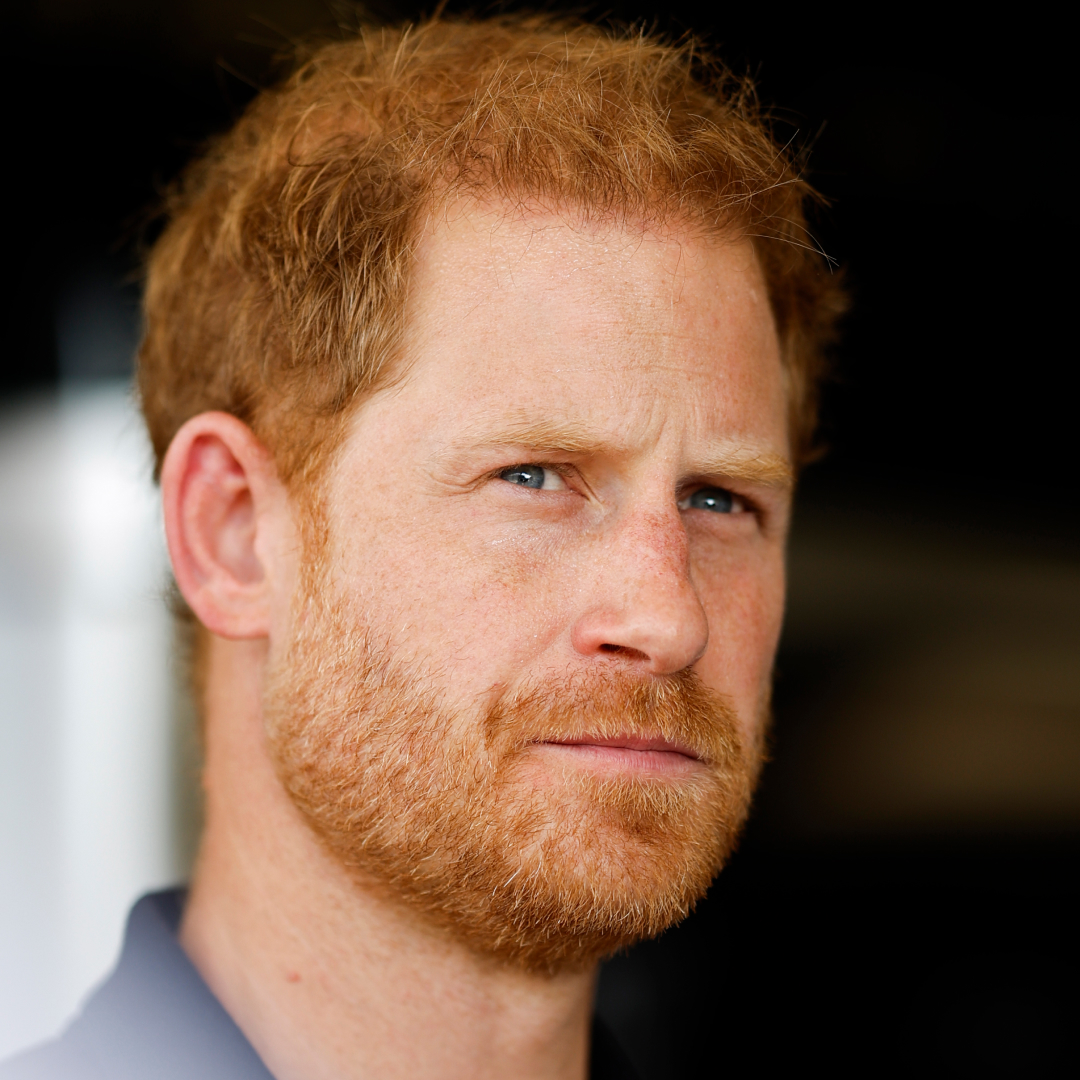Can You Really Think Yourself Thin?
Could the power of meditation teach one woman to resist tables of temptation and use meditation to never diet again?

In a light-filled room overlooking a glacial lake at a venerable resort in upstate New York, a dozen people sit in a circle, breathing deeply. Our eyes closed, we are meditating, trying to soothe our busy minds and tune in to what our bodies are telling us. Unfortunately, the things they tell us — "I want a cookie!" "How about a hot fudge sundae?" — can be highly problematic.
When we open our eyes, the tiny woman leading the group asks us to assess our own hunger level on a scale ranging from minus-five (ravenous) to plus-five (seriously overstuffed). It's past noon, and most of us are feeling moderately hungry — a dangerous state, given the formidable test that awaits us: lunch.
Not just any lunch. "Now we'll face the Mohonk Buffet Challenge," says Nina Smiley, whose husband's family has owned Mohonk Mountain House since it was built 142 years ago. Smiley teaches mindfulness meditation, and this weekend's program is Never Diet Again.
Mohonk might seem like an odd place to attend a diet workshop. It is theoretically possible to go there and stick to your diet, but the truth is you won't, unless you've arranged for your traveling companions to restrain you in manacles at mealtime.
What you will do instead is stand in front of the ludicrously lavish tables of every kind of food imaginable and think that it would be a shame not to try just a couple of those scrumptious little homemade tortilla chips with fresh guacamole. You will cruise past the carving station and what seems like miles of vegetables and salads, potato gratins and rice pilafs, a dizzying array of homemade breads and rolls, until the jam-packed dessert table finally brings you to your knees.
For our little band of diet-conscious meditators, the cheerful excess can seem like an exquisite form of torture. But Smiley would like us to view it as an opportunity for growth. "Things are not portion-controlled and packaged in real life," she reminds us. "The Mohonk buffet is a challenge to understand what you really want and what is satisfying."
What I want right now is to lose weight. Weight issues have plagued me all my life; severe hypothyroidism runs through four generations in my family, and I had the metabolism of a hibernating bear even when I was a child.
Stay In The Know
Get exclusive access to fashion and beauty trends, hot-off-the-press celebrity news, and more.
A lifetime of medication hasn't solved the problem, and controlling my weight got harder as time went on. In my 20s and most of my 30s, I stayed in shape by dieting, running three to five miles a day, and working out daily at the gym. But then came four difficult pregnancies in a row, which resulted in two miscarriages, various surgeries, and two blessedly healthy babies born via Cesarean section, followed by a hysterectomy. Through it all, the numbers on the scale crept ever upward, and they never went down.
While my children were young, I was frantically juggling the responsibilities of job and family, and I made the mistake of putting my own needs last. I had matured into a person who took care of a lot of things — but my own body wasn't one of them. I was finally forced to pay attention a few years ago when my knees started to hurt. Something had to be done, so I started working out again and went on a stringent diet. Over the next eight months, I lost more than 50 pounds. But then the weight loss stopped, and the scale didn't budge for a year and a half. Frustrated, I decided to see whether mindfulness meditation might help.
At the very first session of Never Diet Again, Smiley asks us to name various reasons why people eat. The list is long: nutrition, hunger, boredom, celebration, stress, fun, sadness, loneliness, routine, tiredness, procrastination, anxiety, fear, frustration — the reasons go on and on.
And almost all are misguided, she says. "There's only one reason to eat that's skillful: hunger. The rest are placeholders for something else you need. The key to mindfulness meditation is that you clear the mind and focus only on the now, letting go of thoughts and being totally present in the moment. Mindless eating is fast, rushed; it's about consuming, about getting it in before you realize what you're doing. Mindful eating says, 'I'm present with it. Here I am.' There's no food you can't eat. There's no alarm bell saying, 'I've screwed up; I might as well have dessert.' The question we ask is: 'Was this behavior skillful?' It's not good or bad, right or wrong. It's just skillful. If it worked, do it again. If it didn't work, try something else."
At group sessions over the next few days, we talk about our experiences. One morning, a stay-at-home mom from Colorado starts crying as she recounts her struggle to leave part of her Sacher torte uneaten instead of devouring every morsel on her plate at dinner the night before. So many other women end up weeping as they listen to her that tissue boxes have to be passed around the room.
Over and over again, Smiley tells us to banish the negative voices in our heads, the ones that defeat us with self-destructive thinking or critical comments, and work toward the point where we can honestly say, "I am a person who listens to my body, who can eat and be satisfied. I am a person who can leave food on the plate. I am a person who honors what I'm feeling inside. I am a person who takes care of myself."
When I get home, I am disappointed to find that I haven't lost any weight; even swimming two hours of laps in the spa pool every day was no match for the Mohonk Buffet Challenge. But the techniques we practiced will stay with me.
Smiley peppered her teaching sessions with gentle affirmations for us to incorporate into our thinking: "I am a positive person." "I take care of myself." One in particular resonates with me: "I do the next right thing."
That's not such a large goal that it seems overwhelming; it's not a vow to "never do this again" or "always do that." It's only a commitment to try to do the right thing on a moment-to-moment basis, one day at a time. If I really do the next right thing every time I have to make a decision, my eating habits aren't the only aspect of my life that will benefit.
I may not be a person who always takes care of herself. But I have some new tools for my ongoing quest to become one.
-
 The Special Gift Lilibet Received From "Papa" Prince Harry
The Special Gift Lilibet Received From "Papa" Prince Harry"Made with love."
By Amy Mackelden Published
-
 Kendall Jenner Trades Her Coachella Bag for a $5,600 Tote
Kendall Jenner Trades Her Coachella Bag for a $5,600 ToteThe model took her rich-girl aesthetic all the way to the desert.
By Amy Mackelden Published
-
 Hailey Bieber Combines Vintage Mugler With 2025's Sneaker Trend
Hailey Bieber Combines Vintage Mugler With 2025's Sneaker TrendThe model wore the perfect high-low combination for a night at the festival.
By Amy Mackelden Published
-
 There's a Huge Gap in Women's Healthcare Research—Perelel Wants to Change That
There's a Huge Gap in Women's Healthcare Research—Perelel Wants to Change ThatThe vitamin company has pledged $10 million to help close the research gap, and they joined us at Power Play to talk about it.
By Nayiri Mampourian Published
-
 BetterMe Will Make Your New Year’s Resolutions Last the Other 12 Months
BetterMe Will Make Your New Year’s Resolutions Last the Other 12 MonthsSponsored BetterMe: Health Coaching uses a psychology-based program to approach your health goals from all angles, so they stay within reach.
By Sponsored Published
-
 Everlywell's At-Home Test Kits Are 40% Off
Everlywell's At-Home Test Kits Are 40% OffThe testing company is offering big savings on some of their most popular kits.
By The Editors Published
-
 Senator Klobuchar: "Early Detection Saves Lives. It Saved Mine"
Senator Klobuchar: "Early Detection Saves Lives. It Saved Mine"Senator and breast cancer survivor Amy Klobuchar is encouraging women not to put off preventative care any longer.
By Senator Amy Klobuchar Published
-
 I'm an Egg Donor. Why Was It So Difficult for Me to Tell People That?
I'm an Egg Donor. Why Was It So Difficult for Me to Tell People That?Much like abortion, surrogacy, and IVF, becoming an egg donor was a reproductive choice that felt unfit for society’s standards of womanhood.
By Lauryn Chamberlain Published
-
 The 20 Best Probiotics to Keep Your Gut in Check
The 20 Best Probiotics to Keep Your Gut in CheckGut health = wealth.
By Julia Marzovilla Published
-
 Simone Biles Is Out of the Team Final at the Tokyo Olympics
Simone Biles Is Out of the Team Final at the Tokyo OlympicsShe withdrew from the event due to a medical issue, according to USA Gymnastics.
By Rachel Epstein Published
-
 The Truth About Thigh Gaps
The Truth About Thigh GapsWe're going to need you to stop right there.
By Kenny Thapoung Published